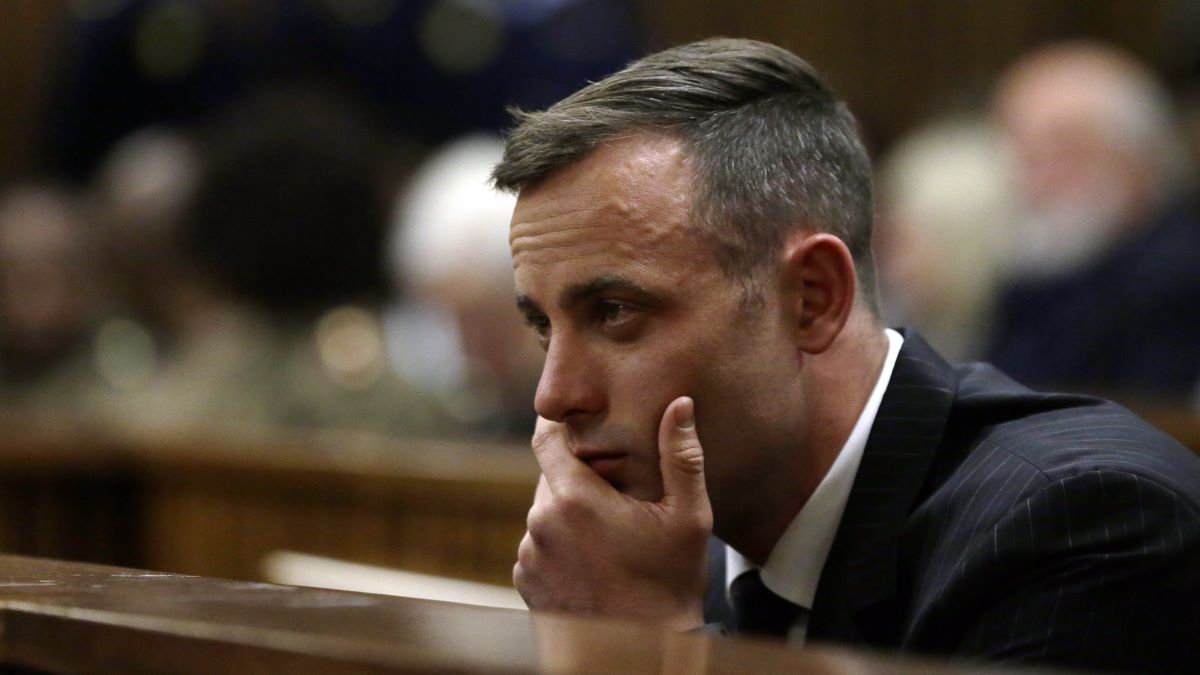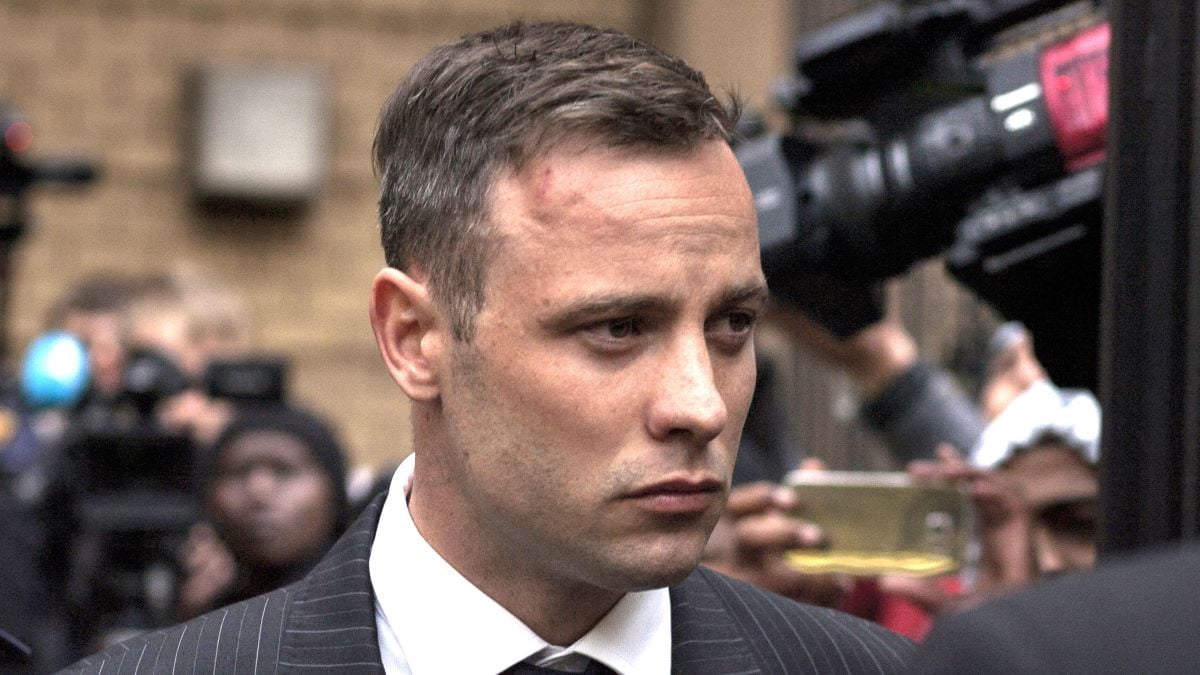On Friday, Nov. 24, 2023, Paralympian Oscar Pistorius, serving 13 years in prison for fatally shooting his girlfriend, Reeva Steenkamp, was granted parole in South Africa. He’s scheduled to be released in Jan. 2024, so here’s why Pistorius was freed halfway through his sentence.
Pistorius’ girlfriend, Reeva Steenkamp, died in 2013 when the runner shot her multiple times through his bathroom’s closed door in Pretoria, South Africa’s capital city. Pistorius said he thought Steenkamp was an intruder and that her death was an accident. There was evidence that Pistorius and Steenkamp had argued before the incident.
In 2014, Pistorius was convicted of culpable homicide, comparable to manslaughter, and after several appeals, he received his final 13-year sentence in 2016. Pistorius’ previous parole request in March 2023 was denied on a technicality, which turned out to be an error on the part of the parole board.
As a Paralympian, Pistorius, known as the “Blade Runner”, raced with carbon-fiber prosthetic legs at the 2012 London Paralympic Games, where he won gold in the men’s 400-meter race, among other high-profile competitions, according to NPR. He is also the first double-amputee to compete at the Olympics.
Pistorius was born with a condition called fibular hemimelia, meaning bones were missing in his legs. As a result, both Pistorius’ legs were amputated below the knee before his first birthday, as per Wired.
Pistorius served half his sentence

Oscar Pistorius’ parole request was eventually approved because he had served half his prison sentence, the minimum amount required under South African law before parole could be considered. It was shown that the parole board did their math wrong at this first parole hearing. In a statement shared on Facebook, South Africa’s Correctional Services Department found Pistorius, a first-time offender, had a “positive support” system, and Reeva Steenkamp’s mother, June Steenkamp, said in a victim’s impact statement she did not oppose Pistorius’ release. However, June did express concern that Pistorious anger issues and abusive behavior toward women had not been adequately addressed.
Set to be freed in Jan. 2024, Pistorius’ parole has several stipulations. He will attend anger management counseling and cannot travel outside the Pretoria area without notifying the authorities.

According to South African Department of Corrections spokesman Singabakho Nxumalo (via AP News), “Parole does not mean the end of the sentence. It is still part of the sentence. It only means the inmate will complete the sentence outside a correctional facility. What will happen is that Mr. Pistorius will be allocated a monitoring official. This official will work with him until his sentence expires.”

